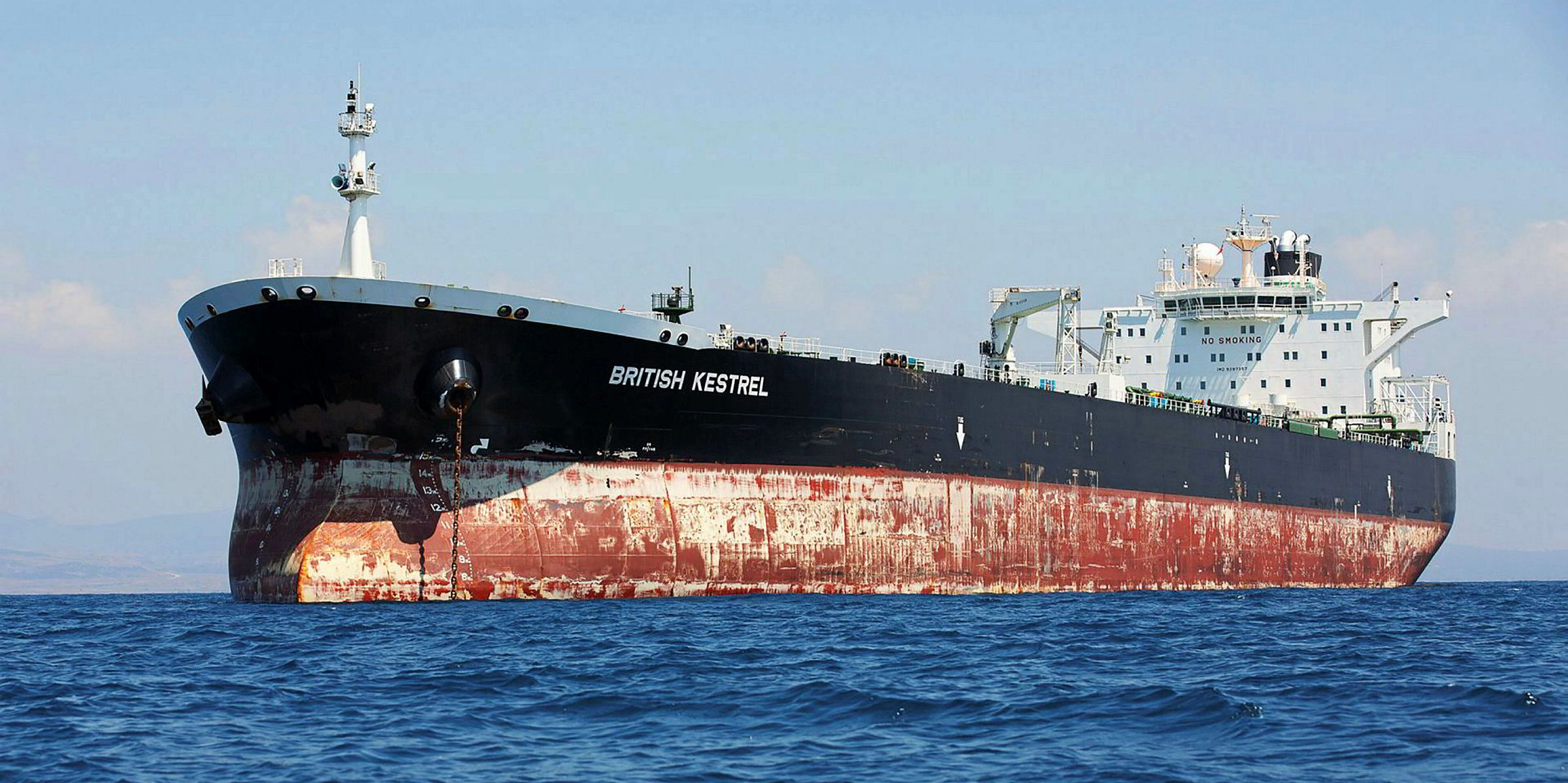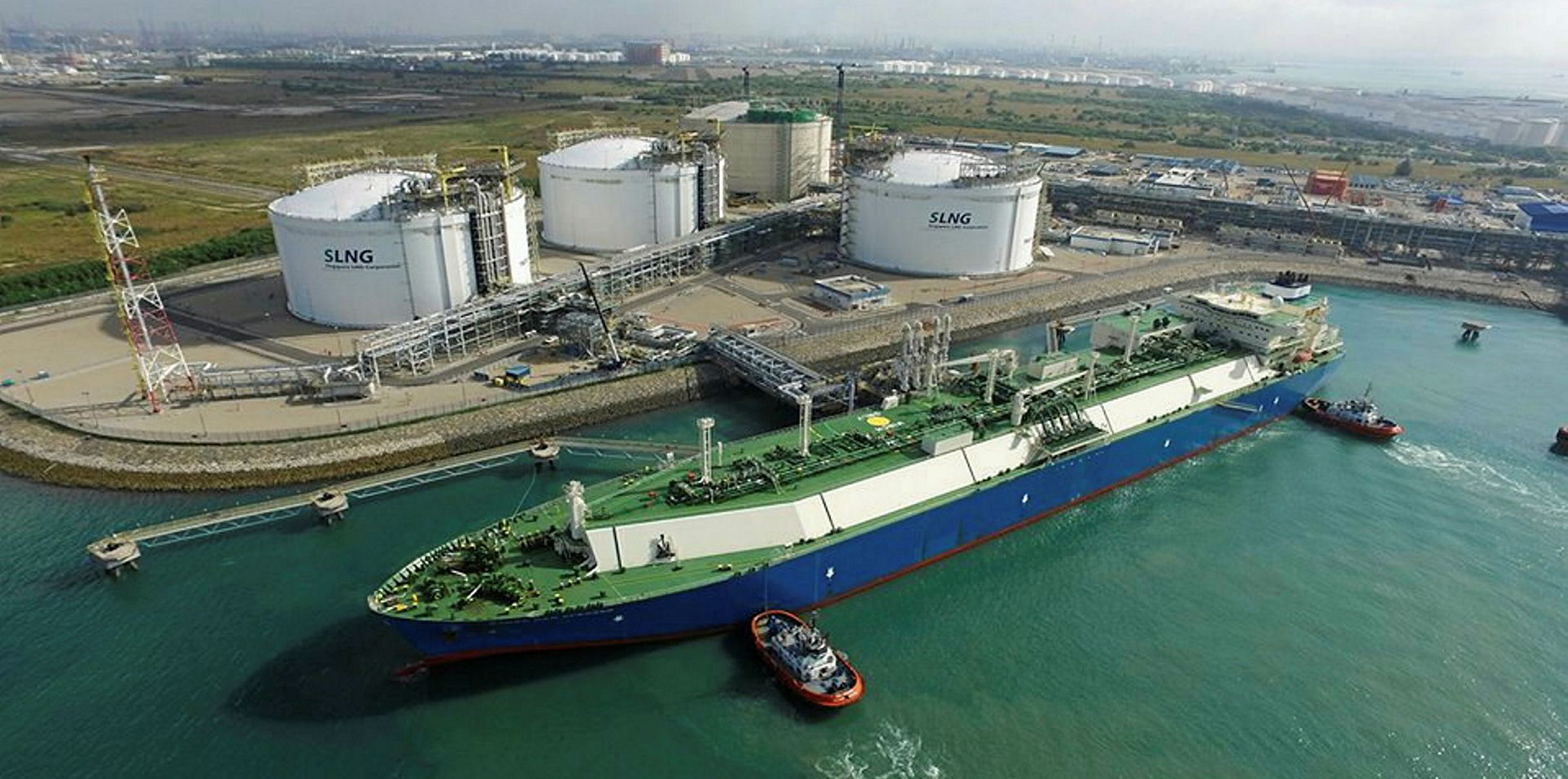Tanker markets may experience limited disruption from a no-deal Brexit because little of the UK oil trade is expected to face extra tariffs, according to TradeWinds' analysis of vessel-tracking, customs and trade data.
If the UK parliament cannot pass a withdrawal agreement with the European Union by 29 March, the Brexit deadline, the nation will have to trade with other countries under the terms defined by the World Trade Organization (WTO).
In an ever-changing political landscape the prospect of a no-deal remains on the table. However, this week Prime Minister Theresa May appears increasingly likely to delay the departure and Labour leader Jeremy Corbyn has completed his own about-face in potentially calling for a second referendum.
Figures from VesselsValue suggest UK-related tanker trades accounted for 3.25% of the world’s total in terms of tonne miles in the year to 14 February — which may be small, but not completely insignificant.
However, industry officials generally do not expect significant impact from a no-deal Brexit.
I do not think crude tankers will really be affected … but there could be a small, short-term impact on MR product tankers and below
London-based chartering executive
“I do not think crude tankers will really be affected … but there could be a small, short-term impact on MR product tankers and below,” said a London-based chartering executive.
Over the year, the UK recorded 1,774 export and 1,372 import shipments on clean tankers, according to VesselsValue. On dirty tankers, there were 385 outbound and 512 inbound shipments.
Government data shows Norway and EU members are Britain’s largest petroleum-trading partners, generally accounting for 60% of the total volume.
However, disregarding a potential dip in fuel demand associated with economic woes triggered by a no-deal Brexit, a probe into customs regimes finds Britain’s main petroleum trades may not face much different market conditions under the WTO’s Most Favoured Nation rules.
Imports vs exports
In terms of imports, the UK intends follow the existing tariff agreements with non-EU countries as much as possible, while leaving the door open for retaliation measures against Brussels.
This suggests the trade terms would remain the same for the UK’s crude imports from Norway, its top supplier outside the European customs union — 118 shipments were recorded on this trade in the year to 14 February, including 45 aframaxes and 42 suezmaxes.
Customs data shows the UK exported 45.8 million tonnes of crude in 2017, of which 62.7% went to the EU, 18.9% to China and 13.2% to South Korea.
The 2018 official figures are not available, but vessel-tracking data shows the three remain the top destinations for UK crude. Shipments to China and South Korea are generally on VLCCs and to European countries on aframaxes and suezmaxes.
The market is dominated by pragmatism. They will instantaneously grant the 3% back [to South Korean buyers] to keep trade balance
Court Smith
Under the WTO terms, China and the EU do not impose any tariffs on crude imports. South Korea has a 3% tariff, previously waived for the UK under the country’s free-trade agreement with the EU.
However, Platts reports Seoul is mulling over measures to protect South Korean buyers of UK crude from a no-deal Brexit.

“The market is dominated by pragmatism. They will instantaneously grant the 3% back [to South Korean buyers] to keep trade balance,” VesselsValue analyst Court Smith predicted.
In terms of petroleum products, government data shows middle distillates account for the largest proportion of UK’s imports, with the EU being the top supplier. However, as the EU does not impose import tariffs on diesel and jet fuel, the UK is not expected to impose any retaliation tariffs for them.
Gasoline threatened
The only UK petroleum trade that could see significant changes in tariffs is gasoline.
The EU imposes a 4.7% import tariff on the road fuel under WTO rules, and industry body UK Petroleum Industry Association has called on the UK government to apply the same levy to European imports, if that is what British gasoline suppliers will face after Brexit.
Whatever UK barrels are displaced from Europe, they will go to the US or other markets such as West Africa
Robert Campbell
Britain has generally been engaged in gasoline trades with other EU members on tankers of below 30,000 dwt, although comprehensive data is not yet available.
Latest government figures show the UK imported 3.45 million tonnes from the EU in 2017.
As for exports, data from Kpler reveals the EU tends to buy more UK gasoline when the US driving season is over, with Ireland, Belgium and the Netherlands taking at least 2.21 million barrels in total last December.
Robert Campbell, head of oil products research at Energy Aspects, said: “Whatever UK barrels are displaced from Europe, they will go to the US or other markets such as West Africa." He also forecasts there could be more intra-Europe trade after Brexit to fill the supply gap left by UK producers.
As Britain exports gasoline to the US — its main buyer — and Nigeria on MRs, some market participants predict such diversions could result in more tonne-mile demand. But the overall impact might be small as UK exports to the EU are not large in absolute terms.
“I don’t think the extra tariffs will fundamentally affect demand,” a Danish tanker owner said.







